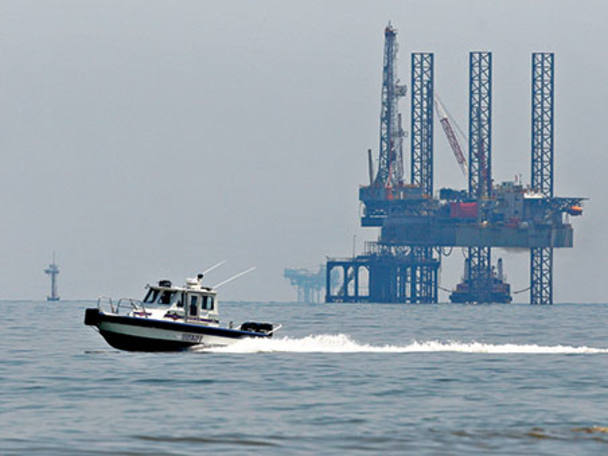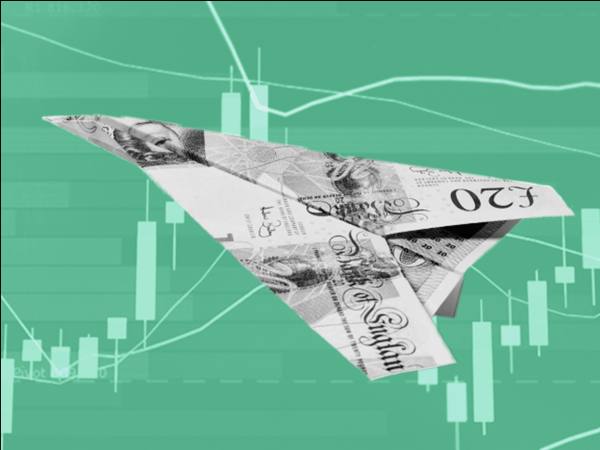Perhaps the main takeaway from BP's third-quarter update is that resource companies - perhaps all companies - have more control over their balance sheets when they're going down through the gears. The point may seem self-evident to some, but it's surprising how adept these types of companies have been at identifying operating and capital savings compared with some of their efforts when the wider sector was firmly in expansionary mode.
Admittedly, BP's hand was forced on the cost-cutting front in the wake of the Deepwater Horizon disaster. But at least the group started hiving off assets prior to the oil price slump; many of its rivals have subsequently been forced to contend with a buyers' market. A succession of non-core asset sales were undertaken to help meet costs associated with the spill, while management also took the axe to the group's capital budgets. The group expects to complete its divestment programme for the year, with around $10bn (£6.5bn) of proceeds realised. A further $3bn-$5bn is to be raised through 2016, with $2bn-$3bn a year thereafter. Additionally, BP has lowered its capital spending forecast to about $19bn after investing about $23bn in 2014.
Valuations for the energy giant have been a bone of contention given that the final bill for the Gulf of Mexico spill was far from certain. But there's now more clarity on the settlement following details announced by US attorney-general Loretta Lynch earlier this month. The oil giant booked a further charge of $426m in the third quarter, bringing the total cumulative pre-tax figure to $55bn.
The group will allow itself a degree more leverage, now that the lion's share of costs relating to Deepwater Horizon have been met. But BP's chief executive, Bob Dudley, is confident the group will be able to pay dividends without having to borrow money if prices are around $60 a barrel by 2017. That's encouraging given the market's primary focus will be on whether BP - and other large integrated oil plays - will be able to fund their income streams on the back of a moribund crude oil market. The assumption for 2017 isn't overly optimistic and the group's target of cash neutrality at $60 a barrel should translate into earnings growth when oil prices recover.








